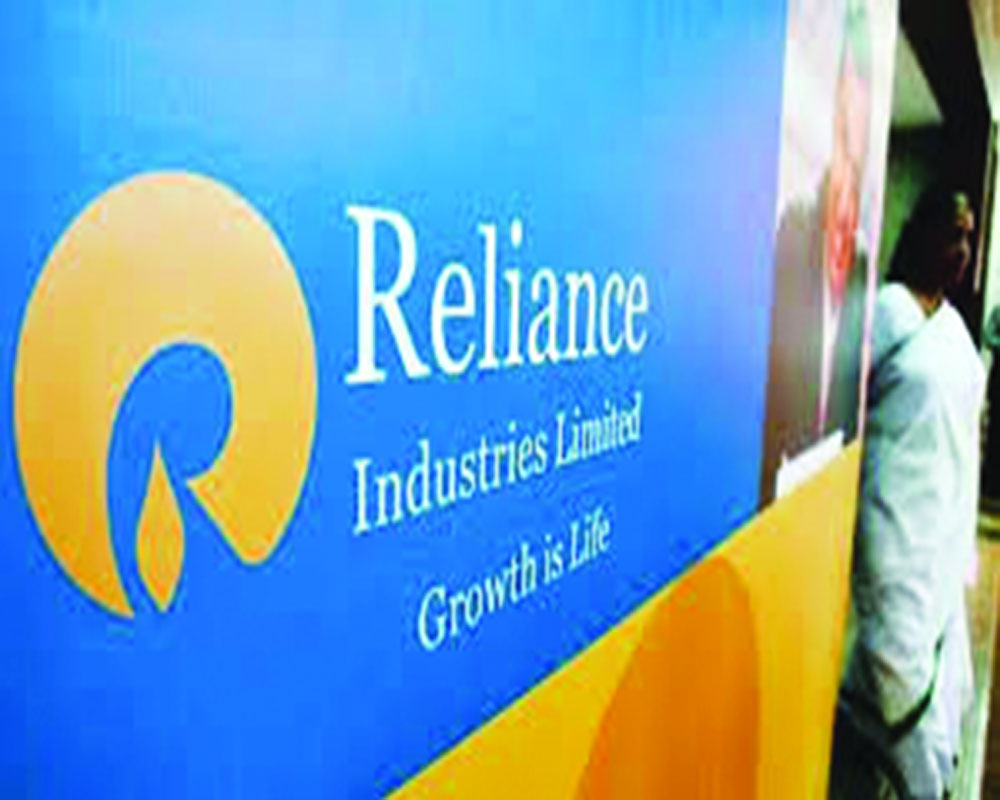After a boom run lasting decades, is Reliance Industries finally admitting that growth is slowing down?
If there is anything like a sure shot on the Indian bourses, it is the Reliance Industries’ scrip. Even after being pummelled by the Coronavirus lockdown and crashing oil prices, its share price has recovered smartly over the past few trading sessions as investors believe that India’s largest private company will emerge from the crisis stronger than before. That faith was redoubled after American technology giant Facebook made an unprecedented $5.7 billion investment into Reliance Jio, the telecommunications arm of the conglomerate. So why is the firm raising Rs 53,125 crore from the markets through the largest rights issue in Indian history? On the face of it, things are not going too bad for the company as despite the negative economic sentiment even before the Coronavirus impact, its consolidated profit was stable and revenues rose by over five per cent.
Well, Mukesh Ambani has stated time and again that he wishes the Reliance Industries reduces its debt load. After the Government first stalled the potential $15 billion investment in Reliance’s uber-profitable oil and gas business by the Saudi Arabian oil major, Aramco, it was speculated that things might not be all kosher between Prime Minister Narendra Modi and Ambani. While that is just speculation, the fact is that today, with a collapse in oil prices, Saudi Aramco may not be able to invest in Reliance in the first place. And while Reliance can raise debts across the world, even in India, with its stellar record of repayment, Ambani realises that it will likely be easier for him to capitalise on his company’s reputation to raise funds much more easily. At the same time, raising money from investors will not increase the debt burden on the company, particularly when the economy will most likely be fragile over the next few quarters. At the same time, Ambani also likely realises that the world is pivoting away from oil and plastics, the two cornerstones of his business. The current pandemic might just be a turning point as to how the public consumes these products. Raising money now will likely keep Reliance’s war chest ready as the company starts new consumer ventures over the next few years and prepares for a new world, a more sustainable one. But what impact will Reliance Industries’ rights issue have on the overall capital market? It will almost certainly reduce the appetite for any new public issue over the next few quarters as it will suck a huge amount of money out of investors’ pockets. That would have been the case in a healthy market, but in this market, it means that any other public offering will probably have to offer a deeper discount than earlier planned to get the public to bite.
(Courtesy: The Pioneer)








 OpinionExpress.In
OpinionExpress.In















Comments (0)